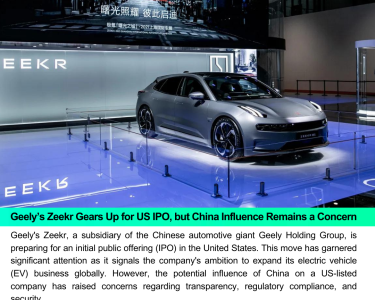Manila: The Philippines’ finance secretary announced that contact centres and other BPO firms could preserve their tax breaks and permit their staff members to work from home, resolving a dispute looming over the economically significant sector.
The approximately $30 billion sector has pushed for a permanent work-at-home arrangement, which was put in place during Covid-19 lockdowns and is now supported by most of the 1.4 million sector employees. However, many BPO organizations are required to keep employees on-site to benefit from financial benefits due to an investment regime they are subject to.
In response to a question from MPs, finance secretary Benjamin Diokno said: “The tax benefits will continue, [and] they [BPOs] can elect to do it from home.”
Wednesday’s Fiscal Incentives Review Board meeting, which Diokno chairs, resulted in the decision that BPO firms registered with the Philippine Economic Zone Authority can transfer their investment registration to the board of investments without having to keep on-site employees in order to maintain their incentives.
According to Diokno, “so, that difficulty is handled,” and for about 2,000 enterprises, there will be a “smooth transfer of benefits.”
Once the policy is finalized, the work-from-home arrangement will become permanent. However, the country’s real estate sector, whose office sector has benefited from the outsourcing growth, is also perceived as being threatened.
Currently, under the pandemic-related “state of calamity” recently extended until December, BPO companies with Peza registration are permitted to have 30% of their workforce work remotely.
The Philippines’ IT and Business Process Association advocated for a long-term hybrid work environment. Without it, the Philippines’ BPO rival, India, may win market share, the group’s leader has previously cautioned.
In a recent panel discussion hosted by the Department of Labor and Employment (DOLE) in the Philippines, a representative from the gaming industry noted that many of its employees are in their early 20s and attend school simultaneously. These factors make it difficult for these individuals to commit to the fixed schedules associated with 9-to-5 jobs. Gaming is a massive industry in the Philippines and generates almost $300 million in annual revenue, so these young workers are unlikely to drop this career anytime soon. Therefore, hybrid work is essential for gaming employees to accommodate their education and other obligations while still earning a steady paycheck.
The industry, which is widely considered as a foundation of the economy of the country of Southeast Asia, saw a 10.6% growth in sales last year, to US$29.5 billion, thanks to pent-up demand from the e-commerce and fintech sectors, which expanded during the epidemic, as well as cost-cutting solid initiatives during the health crisis.
It is expected that the company will hire about 24,000 people this year. In the fourth quarter of 2018, the company announced its intention to increase hiring by 15%–20%.
In Asia, hiring has increased in areas like data science, engineering, and product development, where Accenture has a significant presence.
Accenture has been mainly hiring engineers and programmers. The company also has a significant presence in the Middle East, where it has been engaging in engineering and consulting.





